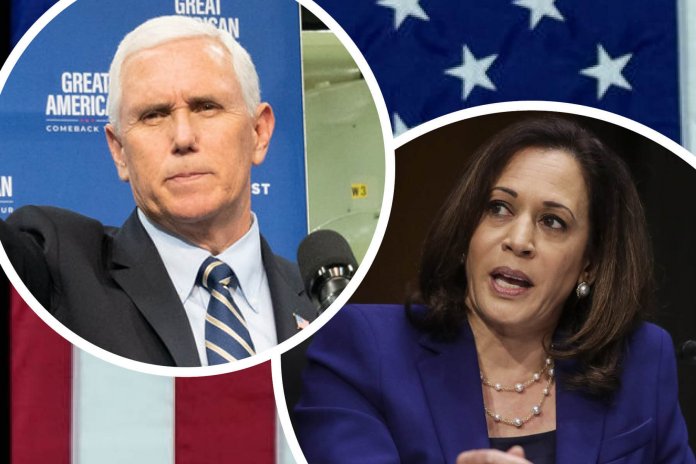“Hot Mess,” and “Train Wreck,” all words used by our writer’s collective to describe last Tuesday’s presidential debate.
Did it feel like Kamala Harris spoke up for women who have been interrupted?
Do debates even matter?
Raise your hand if you are tired of the sideshow of politicians narrowly discussing issues that impact our daily lives.
For instance, the impact of the COVID pandemic was a topic of both debates … barely.
While some of our very own writers are facing unemployment, experts say the coronavirus pandemic has driven home the disparity between salaried and wage earners.
Experts also point to a lack of basic protection that has long posed considerable detriment to the health and economic security of workers and their families.
Meanwhile brand-new data was released by the Bureau of Labor Statistics showing “meager improvement over the past year in access to paid sick days and limited gains in access to paid family and medical leave.”
This data reflects the dismal state of workers’ access to these protections in March 2020, even after a decade of recovery from the Great Recession, demonstrating that trusting economic growth or voluntary employer actions will never solve the United States’ paid leave crisis.
As the coronavirus pandemic was hitting in March of this year, 25 percent of private-sector workers in America lacked even a single day of paid sick leave, likely contributing to the spread of the virus.
This isn’t debatable…
- 30 million workers without paid sick leave.
- 69 percent of the lowest-paid workers have no paid sick days, compared to just 6 percent of the highest-paid workers.
- More than half of part-time workers (55 percent) lack paid sick days, compared to 14 percent of full-time workers.
- And more than four in ten service sector workers (41 percent) do not have paid sick days, compared to just 8 percent of workers in management.
- One-third of workers (34 percent) at employers with 50 or fewer employees lack paid sick days. Even when it comes to large employers with 500 or more employees, 12 percent of workers have no paid sick days.
- Gaps have worsened between more-advantaged workers and those with the least access — many of whom are essential workers.
We are not looking to debates for answers for NC workers. We’re looking for action!
Women AdvaNCe is partnering with the North Carolina Family Care Coalition to help workers organize.
No matter who wins the election, Stay Tuned!


There are no comments
Add yours